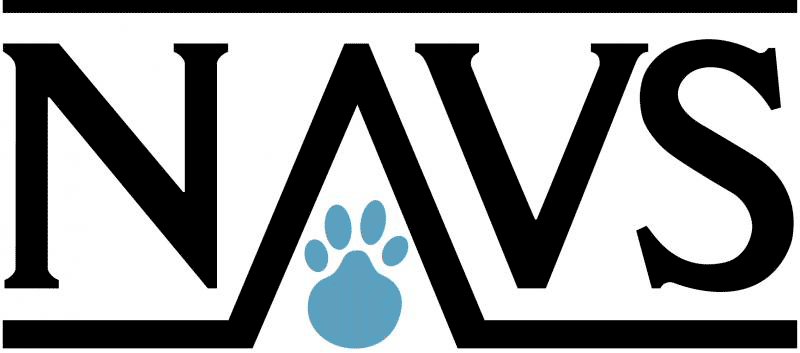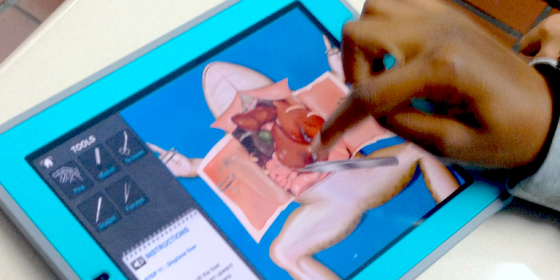
Humane alternatives are more effective than harmful animal use
NAVS has long advocated for the use of animal-free alternatives, not only for scientific research, but also in education, for activities such as dissection. In addition to sparing animals’ lives,…

Annual U.S. laboratory rodent use thought to exceed 100 million
NAVS has long advocated for more transparency regarding the number of animals used in research every year, as well as the reasons for which they are used. Without reliable statistics…

NAVS Alumni Spotlight: ISEF Humane Science Award Recipient Ralph Lawton
This week’s Science First “NAVS Alumni Spotlight” catches up with Ralph Lawton, recipient of the NAVS Humane Science Award at the International Science and Engineering Fair (ISEF) in 2015 and…
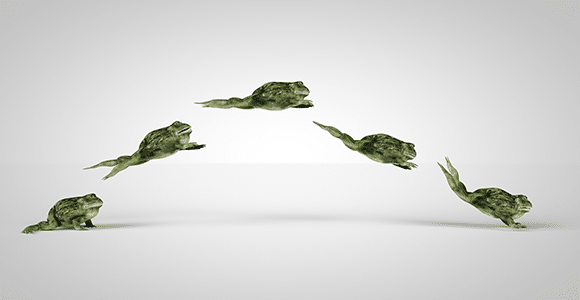
Making the Leap
How COVID-19 Led Biology Teachers to Try Humane Dissection Tools…and What This Could Mean for the Future When the COVID-19 pandemic struck in the spring of 2020, many schools made…
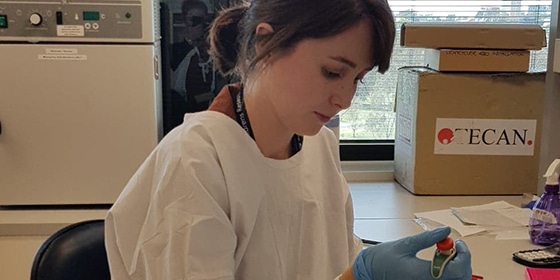
NAVS Alumni Spotlight: IFER Fellowship Recipient Ingrid Knarston
This week’s Science First “NAVS Alumni Spotlight” catches up with Ingrid Knarston, recipient of the NAVS/International Foundation for Ethical Research (IFER) Graduate Fellowship for Alternatives to the Use of Animals…

An Important New Year’s Resolution for 2021
The beginning of a new year is a special time—a clean slate that brings with it the opportunity to re-evaluate what matters most to us. 2020 was a year filled…
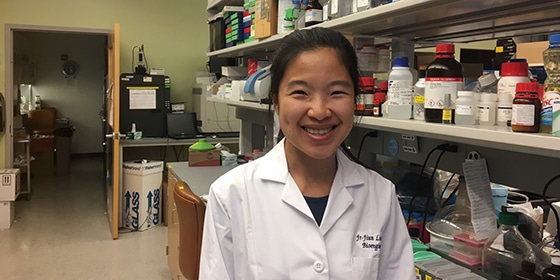
NAVS Alumni Spotlight: IFER Fellowship Recipient Jean Liou
For the next installment of our “NAVS Alumni Spotlight” series, this week’s Science First catches up with Jean Liou, a past recipient of the NAVS/International Foundation for Ethical Research (IFER)…
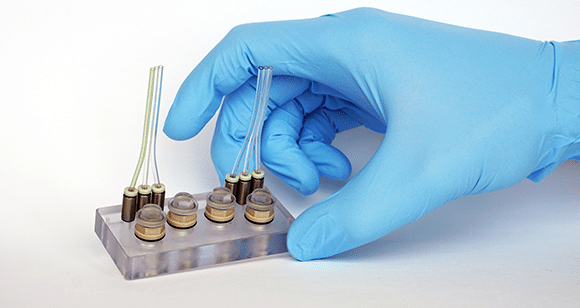
Q+A with the Organ-on-a-Chip Company TissUse
NAVS recently had the opportunity to speak with Dr. Reyk Horland, Vice President of Business Development at TissUse. TissUse is leading the development of organ chips that can link to…
